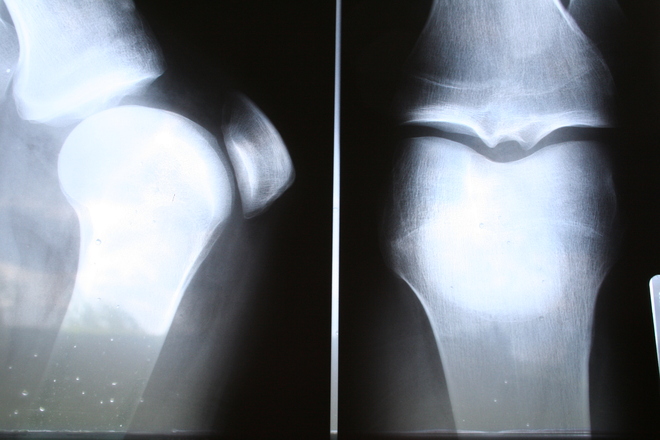The obesity epidemic is affecting our lives in more ways than we recognize. According to the Center for Disease Control and Prevention (CDC), obesity is defined as having a Body Mass Index (BMI) of 30 or above, and anyone who has a BMI of 25 and up may also have significant health issues related to excess weight (1). Use this link to find your BMI: https://www.nhlbi.nih.gov/health/educational/lose_wt/BMI/bmicalc.htm.
According to multiple statistics, hip and knee replacements are on the rise. Although excess weight isn’t always to blame, it seems to be a common factor. The primary reason being that the pressure placed on the knee while simply walking is three times that of the person’s body weight. That means a 225 pound person is carrying 670 pounds. During other activities, pressure can exceed that of six times an individual’s body weight (2). There is a common progressive breakdown of one’s joints due to everyday wear-and-tear, but imagine what years of carrying excess weight does to your joints.

In this day and age, we are fortunate to have access to amazing doctors and physical therapists that can aid in the recovery process. Why not focus on a more preventative approach via health, wellness, and maintenance of a healthy BMI? With regular exercise and a healthy diet consisting of essential vitamins and nutrients, you can keep your body and joints strong without the excess weight. This doesn’t mean that you are exempt from common joint wear-and-tear, but it can keep your body from undergoing unnecessary stress and accelerated musculoskeletal breakdown.
We all know it can be a struggle to deal with weight gain and that weight loss is hard to achieve, but there are many proven methods to help you maintain a healthy weight. Some options that have helped people through these difficult lifestyle changes include, but are not limited to:
- Support systems
- Accountability partners
- Planning for potential roadblocks
- Meeting with nutritionists and personal trainers
- Food and exercise logs
Although it may seem difficult (and even impossible) to lose weight and make a lasting lifestyle change, don’t let that keep you from starting to make small changes. Your body and joints will thank you!
Here are some support groups and other ways of dealing with some aspects that may be involved in unhealthy eating patterns that can lead to excess weight and obesity:
Centers for Disease Control and Prevention. Overweight and Obesity. https://www.cdc.gov/obesity/adult/defining.html Accessed January 3, 2017.
Makk S, MD MBA. Obesity’s effects on Bones and Joints. March 2007. (P.25) http://www.lbjs.net/pdf/KHWDrMakkWeb.pdf